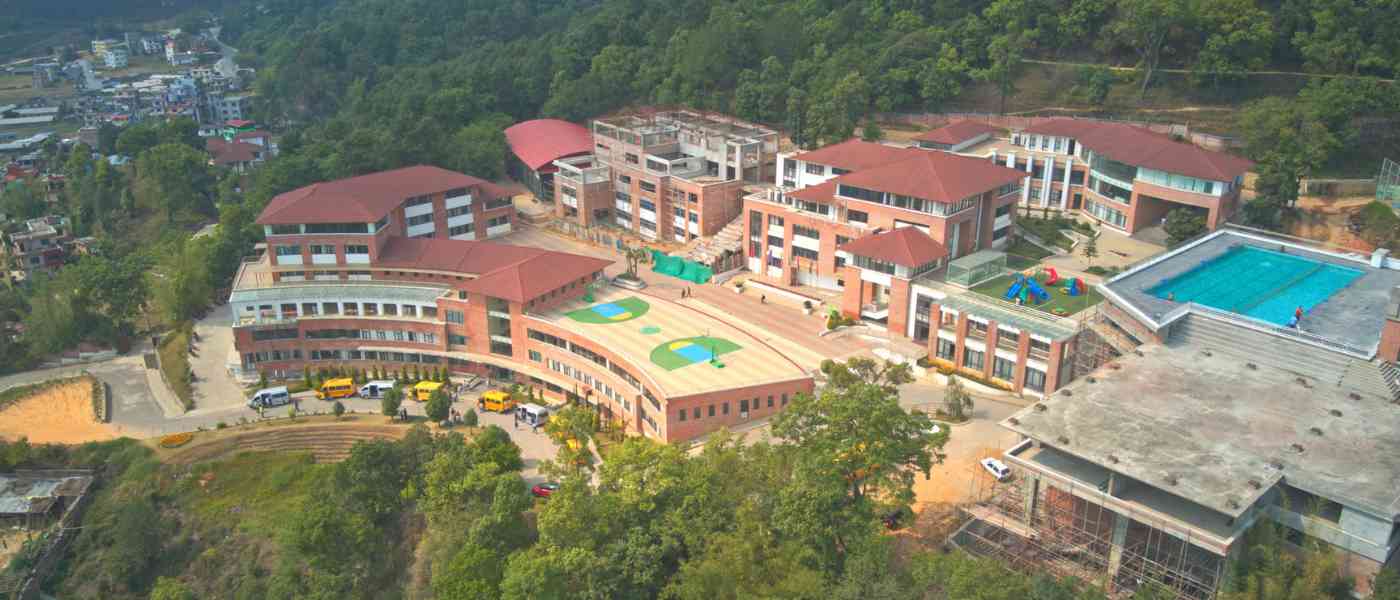At Kathmandu World School (KWS), education is much more than simply textbooks and tests. Project-Based Learning (PBL) engages students in meaningful, hands-on projects that apply classroom information to real-world scenarios. This strategy promotes creativity, critical thinking, and teamwork, allowing students to actively investigate and solve challenges while learning skills that are useful outside of the classroom.
The Benefits of Project-Based Learning in Schools
What distinguishes PBL at KWS is its emphasis on experiential learning, in which students take control of their education by working on projects that spark curiosity and practical application. Students who participate in teamwork, research, and presentations not only increase their knowledge of courses, but also gain important life skills that will equip them to handle future difficulties with confidence and creativity.
What is Project Based Learning?
Project-Based Learning (PBL) is a student-centered instructional technique that employs projects to address real-world issues. It encourages students to analyze, research, design, and implement solutions, often in groups, while applying themes from their curriculum.
PBL is used throughout the learning process at KWS, not only as an occasional activity. This progressive method teaches students not only theoretical concepts, but also how to apply them in actual, meaningful circumstances. Students learn to question, collaborate, and invent while working on environmental solutions, project prototypes, or cultural ideas—all of which are necessary abilities in the twenty-first century. Traditional teaching methods usually emphasize rote memorization. However, KWS believes that learning is more effective when students apply what they've learned in real-world settings.
How KWS Implements Project-Based Learning?
Kathmandu World School uses a structured yet flexible approach to PBL that incorporates a variety of learning levels and courses. Teachers at KWS serve as mentors, guiding students through the many stages of their project. Rather than simply presenting information, they push students to solve problems via investigation and creative thinking. The fundamental principle of KWS is to encourage students to question, investigate, and apply their knowledge rather than merely consume it. The Petting Farm Project is one innovative example of how hands-on learning may be combined with academic disciplines.
The Petting Farm Project
The Petting Farm at KWS provides students with hands-on experience with animals and farming. Interacting with farm animals, cultivating vegetables, and learning sustainable practices helps children reconnect with nature and build empathy and responsibility. Feeding, grooming, and planting are easy, entertaining activities that teach practical skills and environmental awareness. This novel technique combines classroom instruction and promotes personal growth.
Benefits of the Petting Farm and PBL
1. Empathy & Compassion: Direct engagement with animals and plants develops caring and goodwill.
2. Increased Agricultural Literacy: Students learn real farming skills that can inspire future occupations.
3. Improved Environmental Awareness: Sustainable farming practices promote environmentally friendly habits and respect for nature.
4. Holistic Educational Experience: The integration of hands-on learning with classroom teaching enriches the educational journey and promotes critical life skills.
Hands-On Learning in Practice
For example, students in a science class might develop models of sustainable energy solutions or cultivate crops using organic methods. While these projects enhance their scientific knowledge, they also teach time management, problem-solving, and collaborative skills. Interactive zones at the Petting Farm allow students to directly experience the joys and challenges of farming, while workshops emphasize the importance of ethical animal care.
Preparing Students for Tomorrow
Teachers at KWS act as facilitators, supporting students in shaping project ideas, conducting research, and presenting their outcomes. The combination of theoretical and practical approaches equips students with skills such as public speaking, leadership, and entrepreneurial thinking. Moreover, the farm experience fosters a generation of informed individuals who value sustainability, empathy, and responsibility.
The Petting Farm at Kathmandu World School exemplifies how PBL can transform education by merging compassion, responsibility, and practical knowledge. By reconnecting students with nature and promoting holistic learning, this initiative prepares them for real-world challenges and fosters a lifelong appreciation for the environment. At KWS, PBL is not just a teaching method; it is a philosophy that empowers students for life.
.jpg)

